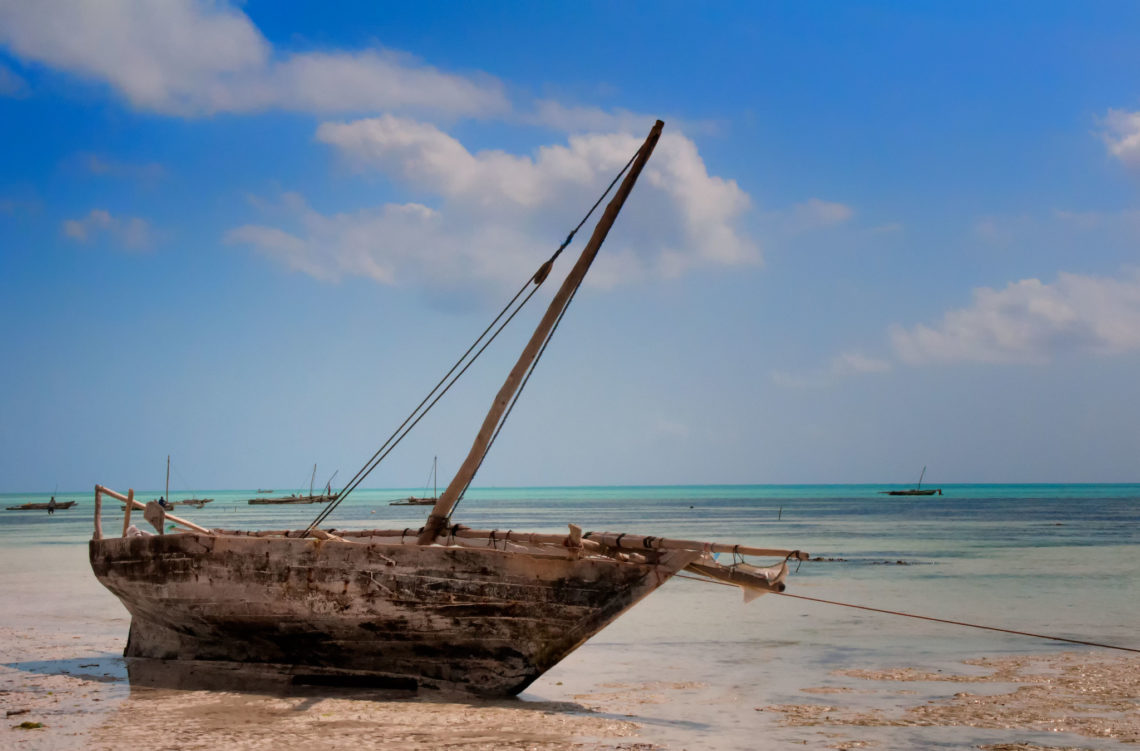
The Novel as a German African Buddy Movie – Matthias Polityckis polternder Afrikaroman ger/engl
Anlässlich der Taschenbuchausgabe des Romans “Das kann uns keiner nehmen” gibt es hier nochmal auf Deutsch und diesmal auch auf Englisch die Kritik zum nicht ganz unumstrittenen Buch von Matthias Politycki.
For English Version please scoll down.
Ein Afrikabuch des viel gereisten und vielfach ausgezeichneten Autors, das klingt doch interessant. Ein Buch mit vielen autobiografischen Bezügen. Ein Roman, den man mögen kann. Ein Roman, an dem sich die Geister und das Feuilleton scheiden. Ein Buddy-Roman, ein Roadtrip aber auch ein Afrikaroman? Ich versuche mich, der Sache mal zu nähern. Im Frühjahr habe ich das Buch zum ersten Mal gelesen. Ich muß sagen, es war ein Erlebnis. Ein toll, nämlich flüssig und mitreißend geschriebenes Buch. Figuren, wie man sie lange nicht mehr in einem Roman hatte. Die so schön unkorrekt und aufreibend sind. Was will man mehr? Von Matthias Politycki schon noch mal etwas mehr. Das muß er sich gefallen lassen. Nach dem Kater, den dieser erste Rausch verursacht hat, bleiben ein paar Kopfschmerzen. Vorallem, was soll das alles mit Afrika zu tun haben?
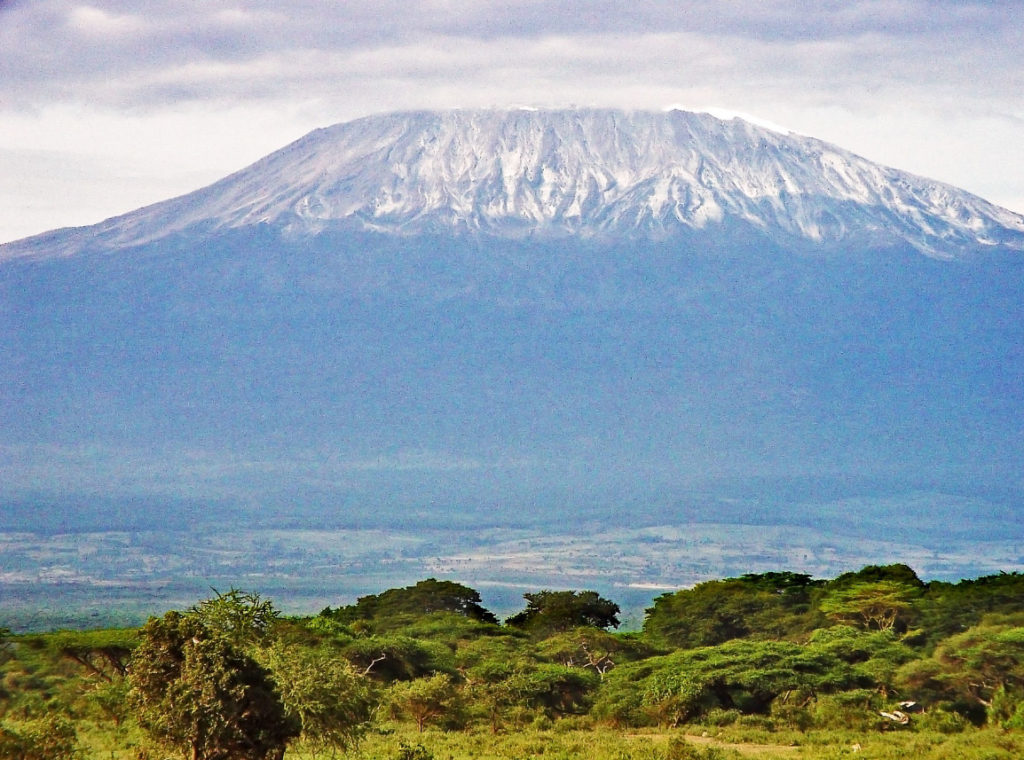
Wovon handelt der Roman?
Hans, der Protagonist und Ich-Erzähler im Roman ist nach Tansania gekommen um mit seinen Anfang Sechzig nochmal ein Ziel in Angriff zu nehmen: den Kilimanjaro besteigen, eine Safari machen und eine vergangene, nie verwundene, traumatische Afrikareise überwinden. Diese vergangene Reise und die daraus resultierende Trennung von seiner großen Liebe nagt immer noch schwer am Reisenden Hans. Der hat, nur das vorweg, doch einige Ähnlichkeiten mit dem Romanautor. Nicht nur ist auch Hans im Roman Schriftsteller (allerdings relativ erfolglos). Er teilt auch seine traumatische Erfahrung, eine Blutvergiftung mit Rettung in letzter Sekunde, die ihn fast das Leben kostete, mit dem realen Autor. Wir gehen also gleich mehrfach vorbelastet auf diese Reise. Dieser Roman-Hans ist eigentlich nicht unsympathisch; gebildet, weitgereist, aufgeschlossen, etwas zurückhaltend und sehr selbstreflektierend. Genau diesen Hans lässt Matthias Polytycki auf eine Urgewalt treffen, die man sich krasser nicht hätte ausdenken können: es ist Tscharli, ein Bayer, der sein Herz auf der Zunge trägt, der flucht, in Sinnsprüchen und “Spaßswahili” (…wakala weia , wakala, rama dama, weis wuascht is…), durch das Land und den Roman poltert, dass es nur so kracht.
“Nun war da also so ein Kerl im Krater, wo ich mir seit Jahren nichts anderes als leere Landschaft vorgestellt hatte, in der ich meine Vergangenheit begraben wollte.”
Der Tscharli begrüßt seinen unbekannten Neuling mit “Lecko mio”, “Hornbrillenwürschtl” und “Windelhans”. Der ist alles andere als begeistert, findet den Tscharli abstoßend. Wie dieser sich in den Ohren bohrt und den Finger beschnüffelt, die einheimischen Bergführer auch noch Neger nennt, da wird es Hans erstmal zuviel. Als wäre ein AfD-Typ auf Wanderschaft. Dort oben ist aber erstmal kein Entkommen:
“Mit Negern müsse man immer mal wieder Klartext reden…Die bräuchten eine starke Hand. Andernfalls würden sie einem auf der Nase herumtanzen.” lässt der Tscharli vom Stapel. Da ist nicht nur der Leser schockiert. Wie der Hans denkt man sich: wo ist man hier eigentlich reingeraten? Ist das jetzt lustig? Kennt man diese Sprüche nicht auch selbst von Leuten, mit denen man nichts zu tun haben will? Aber andererseits, das kann doch der Polyticki nicht ganz ernst meinen. Die Neugier siegt, es bleibt auch nicht platt aber schon auch in diesem Sound.
Den Hans und den Leser, den nervt der Tscharli, er ist die böse Fratze, der Antipol zum aufgeklärtenden Bildungsbürger. Den Tscharli kümmert das wenig. Der Tscharli, das erfahren wir bald, ist krank. So krank, dass wir um sein Leben fürchten müssen. Es ist also Endzeitstimmung angesagt. Der nahende Tod als Antriebsfeder für ein letztes Vergnügen. Und auch er trägt eine Last mit sich, die es zu verarbeiten gilt. Aber zuerst treffen sich Hans und der Tscharli am Krater des Kilimandscharo. Zufällig oder vorherbstimmt, man weiss es nicht. Aus der Unterschiedlichkeit der Charaktere schlägt der Roman seine Funken, er ist der Kitt, der den Roman ausmacht.
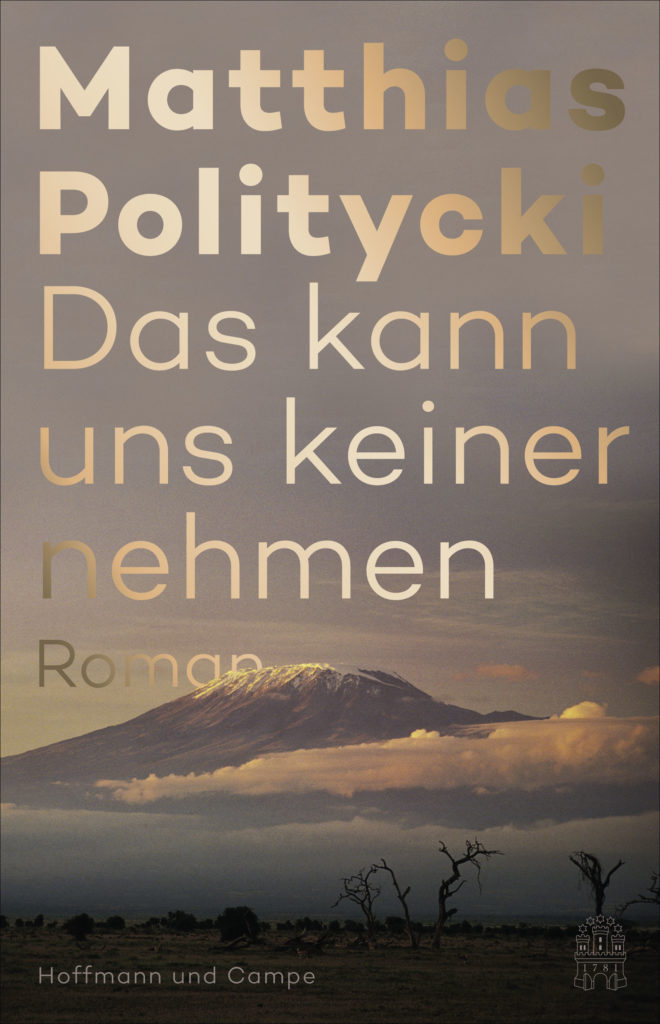
Nach überstandenem Schneesturm am Kilimanjaro und abendlichen Bierrunden wird klar, das diese Geschichte mit Zweien weiter geht. Das tut sie nur widerwillig, denn Hans findet seine neue Reisebekanntschaft eher abstoßend. Seiner einnehmenden Art kann er sich dennoch nicht entziehen. Weil der Tscharli krankheitsbedingt nicht mehr viel Zeit hat, will er, daß ihn Hans auf eine Reise durch Tansania begleitet. Eine letzte Woche, so stellt er sich das vor, bevor er sich für immer verabschiedet. Von Moshi am Fuße des Kilimanjaro nach Dar es Salaam und Sansibar führt diese Reise und wieder zurück. Bis dahin wird viel schwadroniert, philosophiert, gesoffen und gerauft. Menschliche Exkremente spielen eine große Rolle, das wird immer deutlicher. Der Tscharli und seine Krankheit, der Hans mittendrin. Es wird in beiden Figuren eine Veränderung geben, aus der anfänglichen Abneigung wird bald eine Hassliebe. Die Marotten des Bayern Tscharli gehen in den kultivierten Hanseaten Hans über. Erst notiert sich dieser seine Aussprüche in sein Reise Notizbuch, bald wird er sie selber sagen. Da ist die Lust am Grusel, am Inkorrekten. Denn der Hans stellt fest, dass die beiden doch mehr verbindet, als ihm lieb ist. Der Witz geht dann aber doch auf Kosten von Afrika.
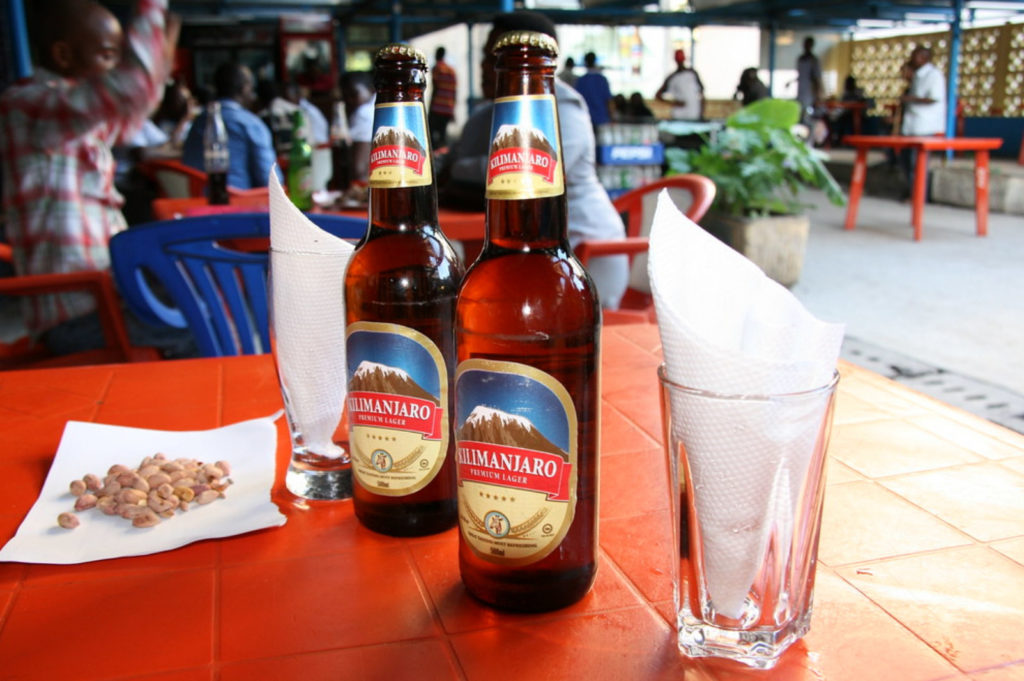
“Kilimanjaro” by Marco Zanferrari is licensed under CC BY-SA 2.0
“Das ist Afrika, auch das ist Afrika.”
Das Afrikabild in diesem Roman bleibt zwielichtig. Dient es doch wie einem oberflächlich Reisenden als schönes Hintergrundbild. Die Einwohner lernen wir fast alle als Dienstleister der reisenden Weißen kennen. Sie agieren nur selten eigenständig. Wenn sie nicht stets auf das Wohl des Tscharli bedacht sind, dann hilft dieser mit Dollarscheinen nach. Frauen spielen, wenn sie denn vorkommen, eher am Rande eine Rolle. Sie heißen Princess Pat und bringen das Bier dem Tscharli, der sich hier “Big Simba” oder “King of Fulalu” nennen lässt. Da entstehen im Roman dann Sätze wie:
“Hörte ihm zu, wie er sich bei Princess Pat ins Zeug warf, die ihm erneut versicherte, er sei “Big Simba”. Woraufhin er ihr anvertraute, sie sei die schönste Antilope weit und breit, er sei zurückgekommen, um sie zu jagen.”
Tscharli flirtet mit ihnen auf seinem Spaßswahili. Nicht immer funktioniert das. Die Reserviertheit mancher Dorfbewohnerinnen, ob seines Auftritts, lässt ihn ziemlich kalt. Hauptsache der Kronkorken wird mit dem Playboy-Feuerzeug laut ploppend ins Gebüsch geschossen. Ein einsamer Strand, ein intaktes Dorf wird als Trophäe gesehen. Touri-Prosa :“Außer dir und mir is hier noch nie a Fremder g’wesen”. Das ist also der maximale Erkenntnisgewinn einer Rundreise durch Sansibar. Klar, es geht um die beiden. Es geht aber ein bisschen viel um die beiden. Das Motiv des Roadmovies ist zu verführerisch, ja, sie fahren auch auf Bikes mit Vollgas über die Insel. Bei diesem Roadmovie ist halt Afrika doch nur der Ort, wo man den Einheimischen das kalte Bier entlocken muss, wo man sich Krankheiten holt oder gar den Tod. Die weissen Touristinnen winken sich hingegen einheimische Schwarze an den Tisch und vergnügen sich, meist gegen Bezahlung, mit ihnen. Dieses Phänomen gibt es auch in anderen afrikanischen Ländern, spielt hier aber nur eine Nebenrolle. Neokolonialismus? Es muß nicht immer die ganze Kolonialgeschichte des Landes verhandelt werden. Was aber soll die Kulisse? Tansania ist nicht irgend ein Ort deutscher Vergangenheit. Deutsch-Ostafrika, das heutige Tansania, war Schauplatz mörderischer Kämpfe, in denen Deutsche Kolonialtruppen tausende Aufständische in Gewehrsalven auslöschten, wo sich der Leiter der Kolonie Carl Peters einen mörderischen Namen machte (Hanging Peters), der seine Geliebte, eine Schwarze, aus Boshaftigkeit hängen ließ. Lange her, sicherlich, aber nicht vergessen. Vielleicht ist es dieses Gedächtnis, daß ein wenig Demut im Umgang mit unserer Vergangenheit braucht. Auch das ist Afrika.
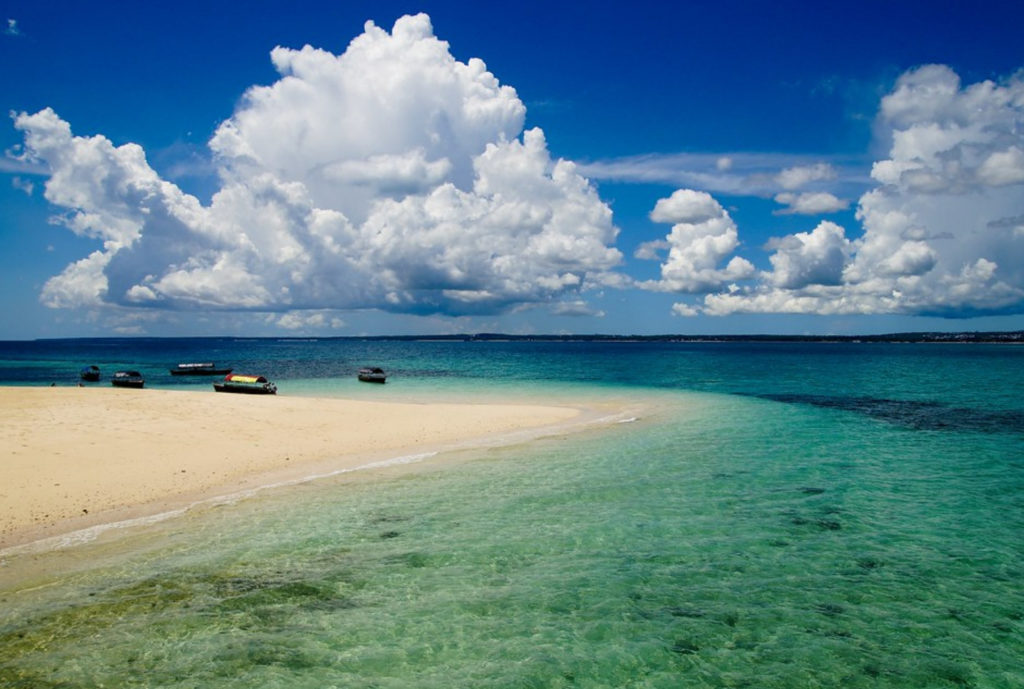
Frauen?
Frauen sind im Roman vorallem Vergangenheit, eine Vergangenheit, an der beide Protagonisten schwer zu nagen haben. Der eine hat seine Kiki-Geschichte, der andre eine Mara-Geschichte. Beide werden wir ausführlich im Roman hören. In Hans’ Mara-Geschichte, ich will nicht zuviel verraten, wird es dann deutlich besser. In diesem Teil zeigt Matthias Poliyticki, welch starke Beobachtungsgabe er hat. Dort mischen sich sehr persönliche Eindrücke einer Entfremdung von der Freundin mit einer unter wachsender Gefahr stattfinden Reise. Immerhin auch durch Burundi und Ruanda, kurz vor Ausbruch des Völkermords. Das ist spannend, ja packend, mit einer dramatischen Rettungsaktion. Die politische Dimension ist vorhanden. War hier die eigentliche Geschichte? Mußte der Tscharli-Trip drumherum gebastelt werden, um die Schwere zu nehmen? Man wird den Verdacht nicht los. Natürlich, ohne Frage, ein lesenswertes Buch. Möglicherweise hatte ich zu hohe Erwartungen an einen großen Schriftsteller. Ein unterhaltsames Buch ist es, mir ist das dann doch zu wenig. Ois easy fragt und stellt der Tscharli öfters fest. Von seinen lustigen Sprüchen bleibt schon kurze Zeit später nicht mehr viel im Gedächtnis. Es wäre mal interessant, das Buch in Swahili zu übersetzen und dann aus Tansania zu rezensieren. cultureafrica würde es natürlich veröffentlichen.

Hans Hofele for cultureafrica.net 2021
English Version
On the occasion of the paperback edition of the novel “Das kann uns keiner nehmen” (“Nobody can take that away from us”), here is the review of Matthias Politycki’s not entirely uncontroversial book in German and this time also in English
A book about Africa by the much-travelled and award-winning author sounds interesting. A book with many autobiographical references. A novel you can like. A novel that divides opinion and the feuilleton. A buddy novel, a road trip, but also an African novel? I’ll try to take a closer look. I read the book for the first time in spring. I must say it was an experience. It’s a great book, written in a fluid and captivating way.
Characters like you haven’t had in a novel for a long time. Who are so beautifully incorrect and exciting. What more could you want? A little more from Matthias Polyticki. He has to put up with that. After the hangover caused by this first intoxication, a few headaches remain. Above all, what is all this supposed to have to do with Africa?

What is the novel about?
Hans, the protagonist and first-person narrator in the novel, has come to Tanzania to tackle another goal in his early sixties: climbing Kilimanjaro, going on safari and overcoming a past traumatic trip to Africa that he never got over. This past journey and the resulting separation from his great love still gnaws heavily at the traveller Hans. Hans, to begin with, does have some similarities with the novelist. Not only is Hans a writer in the novel (albeit relatively unsuccessfully). He also shares his traumatic experience with the real author, a last-second blood poisoning that almost cost him his life. So we embark on this journey with multiple preconceptions. This novel Hans is actually not unsympathetic; educated, well-travelled, open-minded, somewhat reserved and very self-reflective. It is precisely this Hans that Matthias Polytycki lets meet an elemental force that could not have been more crassly imagined: it is Tscharli, a Bavarian who wears his heart on his sleeve, who swears, in slogans and “fun Swahili” (…wakala weia , wakala, rama dama, weis wuascht is…), who rumbles through the country and the novel so that it just cracks.
“So now there was some guy in the crater, where for years I had imagined nothing but empty landscape, where I wanted to bury my past.”
Tscharli greets his unknown newcomer with “Lecko mio”, “Hornbrillenwürschtl” and “Windelhans” (Like “whathe f+ck”, “Looser”, “Hans, the man with a silly hat” / not so easy to translate!). He is anything but enthusiastic and finds Tscharli repulsive. The way he picks his ears and sniffs his finger, and calls the local mountain guides negroes, is too much for Hans at first. It’s like an AfD guy on a ramble. Up there, however, there is no escape for the time being:
“With Negroes you have to speak plainly every now and then… They need a strong hand. Otherwise, they’d be a pain in the ass.” Tscharli lets it all hang out. Not only the reader is shocked. Like Hans, you think: what have you got yourself into here? Is that funny now? Don’t you know these sayings from people you don’t want to have anything to do with? But on the other hand, Polyticki can’t be completely serious. Curiosity wins out, it doesn’t remain flat either but already in this sound.
Hans and the reader are annoyed by Tscharli, he is the evil grimace, the antipole to the enlightened educated citizen. Tscharli cares little about that. Tscharli, we soon learn, is sick. So sick that we have to fear for his life. So it’s the end of the world. The approaching death as the driving force for one last pleasure. And he, too, carries a burden with him that has to be dealt with. But first Hans and Tscharli meet at the crater of Kilimanjaro. By chance or by design, we don’t know. It is from the difference between the characters that the novel strikes its sparks; it is the glue that makes the novel.
After surviving a snowstorm on Kilimanjaro and evening beer rounds, it becomes clear that this story will continue with two people. It does so only reluctantly, because Hans finds his new travel acquaintance rather repulsive.
Nevertheless, he cannot escape his engaging manner. Because Tscharli does not have much time left due to illness, he wants Hans to accompany him on a trip through Tanzania. One last week, he imagines, before he says goodbye forever. The journey leads from Moshi at the foot of Kilimanjaro to Dar es Salaam and Zanzibar and back again. Until then, there is a lot of swaggering, philosophising, drinking and scuffling. Human excrement plays a major role, that becomes increasingly clear. Tscharli and his illness, Hans in the middle of it all. There is a change in both characters, the initial dislike soon turns into a love-hate relationship.
The whims of the Bavarian Tscharli pass into the cultivated Hanseatic Hans. First he writes down his sayings in his travel notebook, soon he will say them himself. There is the pleasure in the creepy, in the incorrect. For Hans discovers that the two have more in common than he would like. The joke, however, is at the expense of Africa.
“This is Africa, this is also Africa.”
The image of Africa in this novel remains shady. After all, like a superficial traveller, it serves as a beautiful background image. We get to know the inhabitants almost all as service providers for the travelling whites. They rarely act independently. If they are not always concerned about the well-being of Tscharli, he helps them out with dollar notes. Women, when they appear, play a marginal role. They are called Princess Pat and bring the beer to Tscharli, who calls himself “Big Simba” or “King of Fulalu”. That’s where sentences like:
“Listened to him throw himself at Princess Pat, who assured him again that he was “Big Simba”. Whereupon he confided in her that she was the most beautiful antelope far and wide, that he had come back to hunt her.”

Tscharli flirts with them in his fun Swahili. This does not always work. The reserve of some of the village women about his appearance leaves him quite cold. The main thing is to shoot the crown cap loudly into the bushes with the Playboy lighter. A lonely beach, an intact village is seen as a trophy. Tourist prose: “Apart from you and me, there have never been any strangers here”. So that’s the maximum gain in knowledge from a round trip through Zanzibar. Sure, it’s about them. But it’s a bit much about them. The motif of the road movie is too seductive, yes, they also ride across the island on bikes at full throttle. In this road movie, Africa is just the place where you have to get the cold beer from the locals, where you catch diseases or even death. The white tourists, on the other hand, wave local blacks to their tables and have fun with them, usually for a fee.
This phenomenon also exists in other African countries, but plays only a minor role here. Neo-colonialism? The whole colonial history of the country does not always have to be dealt with. But what is the point of the backdrop? Tanzania is not just any place in the German past. German East Africa, today’s Tanzania, was the scene of murderous battles in which German colonial troops wiped out thousands of insurgents in volleys of gunfire, where the head of the colony Carl Peters made a murderous name for himself (Hanging Peters), who had his mistress, a black woman, hanged out of spite. Long ago, certainly, but not forgotten. Perhaps it is this memory that needs a little humility in dealing with our past. That too is Africa.
Women?
In the novel, women are above all the past, a past that both protagonists have to gnaw hard on. One has his Kiki story, the other a Mara story. We will hear both of them in detail in the novel. In Hans’ Mara story, I don’t want to give too much away, things get much better. In this part Matthias Politicky shows what a strong power of observation he has.
There, very personal impressions of an estrangement from his girlfriend mix with a journey that takes place under increasing danger. After all, also through Burundi and Rwanda, shortly before the outbreak of genocide. This is exciting, even gripping, with a dramatic rescue operation. The political dimension is there. Was this where the real story was? Did the Tscharli trip have to be tinkered around it to take away the gravity? One can’t shake the suspicion. Of course, without question, a book worth reading.
Perhaps I had too high expectations of a great writer. It is an entertaining book, but that is not enough for me. Tscharli often asks and states Ois easy (Everything OK). Of his funny sayings, not much remains in the memory a short time later. It would be interesting to translate the book into Swahili and then review it from Tanzania. cultureafrica would of course publish it.
Paperback, Hoffmann und Campe
304 Seiten, 12,90 Euro
Hans Hofele for cultureafrica.net 2021





